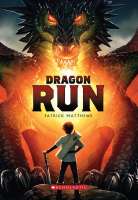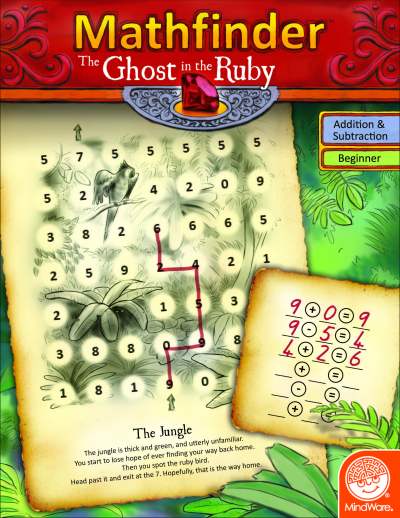The perfect campfire
The campfire during our last camping trip ended up being darn near perfect. The drizzling rain passed us by, resulting in a beautiful sunset to the east, and a fantastic lightning show to the west. Our fire burned (after a little bit of work) burned high and hot. We cooked hot dogs and marshmallows over it and talked about the day.
“We should tell a story,” my oldest son said. “Like last time.”
It sounded like a good idea to me. He proposed a story about three armies, where we started out describing each of our armies, and then after the campfire, we’d tell the story in the tent.
“Are we fantasy armies, or sci-fi, or modern, or historical?” his brother asked.
After a little discussion, we settled on medieval fantasy.
“My army,” I said, “had a tough beginning. Their country was small, tucked away in the mountains next to a bigger country that was ruled by an evil tyrant. His army was huge, and was constantly invading other countries. It wasn’t long before my army’s country was completely surrounded.”
“For years – no, tens of years – my army fought. Always outnumbered, always overpowered, they lost battle after battle, but they always managed to stop the invading armies, to turn them aside at key moments. The endless fighting (and losing) made them harder and more battle-tested. They trained constantly, learning from their losses, and getting stronger. They became master tacticians, and learned exactly when to withdraw and how to mislead the other army into focusing its strength in the wrong place.”
My youngest son laughed. “That must have been really frustrating.”
“It was,” I said, “but finally, they made a mistake, and the full force of the other army caught them. They were trapped in a dead-end canyon with nowhere to run.”
“You can’t start with a dead army,” my oldest son said.
I shushed him. “The night before the battle,” I said. “My army met. There weren’t many of them left at this point, but they were all committed to their cause. None were going to run away. They’d fought too many battles together, buried too many friends together. Still, they were scared. They knew they didn’t have a chance, that this was their last battle and there would be no one left alive to bury them. So, in the middle of the night, their bagpipers started playing their ancestral funeral dirge, a song of remembrance that they played at every funeral. This battle, the warriors thought, would also be their funeral.”
“What?” my youngest son said.
“It’s an eerie powerful song,” I continued. “The kind that makes you cry without you ever knowing why. With that song on their lips, they threw themselves into battle, attacking with a desperation never seen before. Each one of them sang while they fought, bellowing out their tribute to their fallen comrades.”
“They better not die,” my oldest said.
“As they fought,” I said. “The strangest thing happened. The song connected them to each other, gave them a shared awareness. Through the song, they knew exactly what was happening all along the battle line. They knew the strength of the other army and its weaknesses. They knew where they needed to shore up their lines, and where they needed to fade away. It was as though they were of one mind, fighting with perfect coordination.”
“The other army, confused by the piping and the singing, and caught off-balance by the midnight attack, fell back and tried to regroup. Every adjustment they made was countered. Every attack they tried to launch was thwarted. They dissolved into a panicked crowd and fled.”
My sons cheered.
“Afterward,” I said. “The army started practicing with music. They switched from the funeral dirge to battle marches, and the tide of the war turned in their favor. News of their victory spread, and others came to join them. They were called the army of the song, and with each good deed they did, their ranks swelled. They freed their country, and then started to free the countries around them. A distant college of mages heard of their victories and, thinking it was magic, came to investigate. Seeing the truth of it, they joined the song.”
“As the army of the song beat back the tyrant, they freed a nest of hipogriffs. Those magnificent creatures, grateful for their freedom, joined the song as well. Now their music was being heard all across their land, a music of freedom and strength, one that inspired and endured.”
I took a breath.
“That’s my army.”
“Huh.” my youngest son said. “Not bad. My army. . .”
I won’t tell you their stories because they’re not mine to tell. One had shamans. The other had centaurs and giant hawks and men in flying suits who dove into battle beside them. Both stories were a match for mine, and the tales lasted longer than the campfire. When it was out, we went into the tent, stretched out on our cots, and told stories of the three armies, how they met and joined in a common cause against Evil.
We fell asleep that way, dreaming of shamans and bagpipes and giant hawks.
I still dream of them.
In fact, I can’t wait to get out in the wilderness again, to tell stories at the campfire, to hear them twine together and grow bigger and bigger, until I can’t tell which parts are from my dreams and which parts were actually told.


